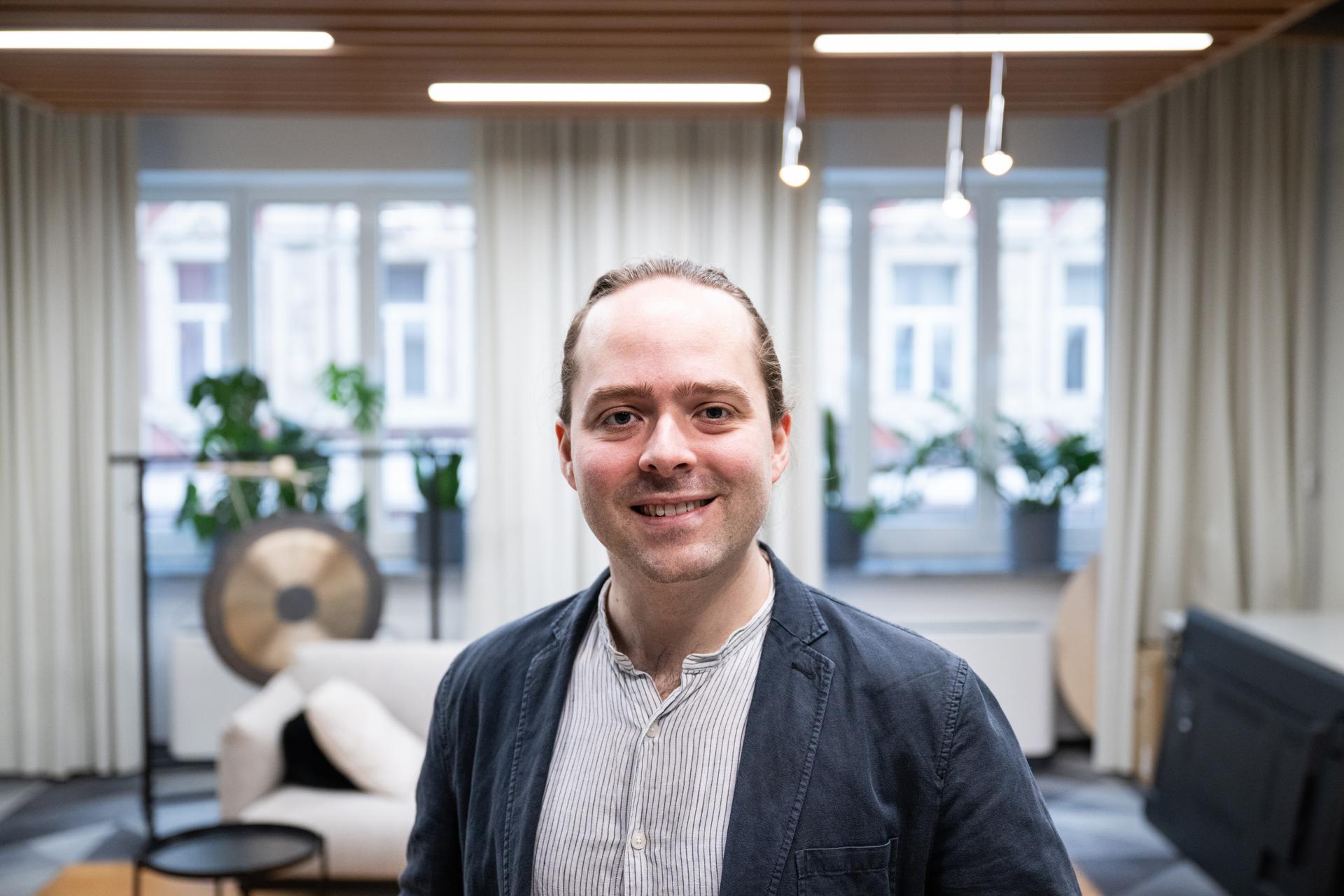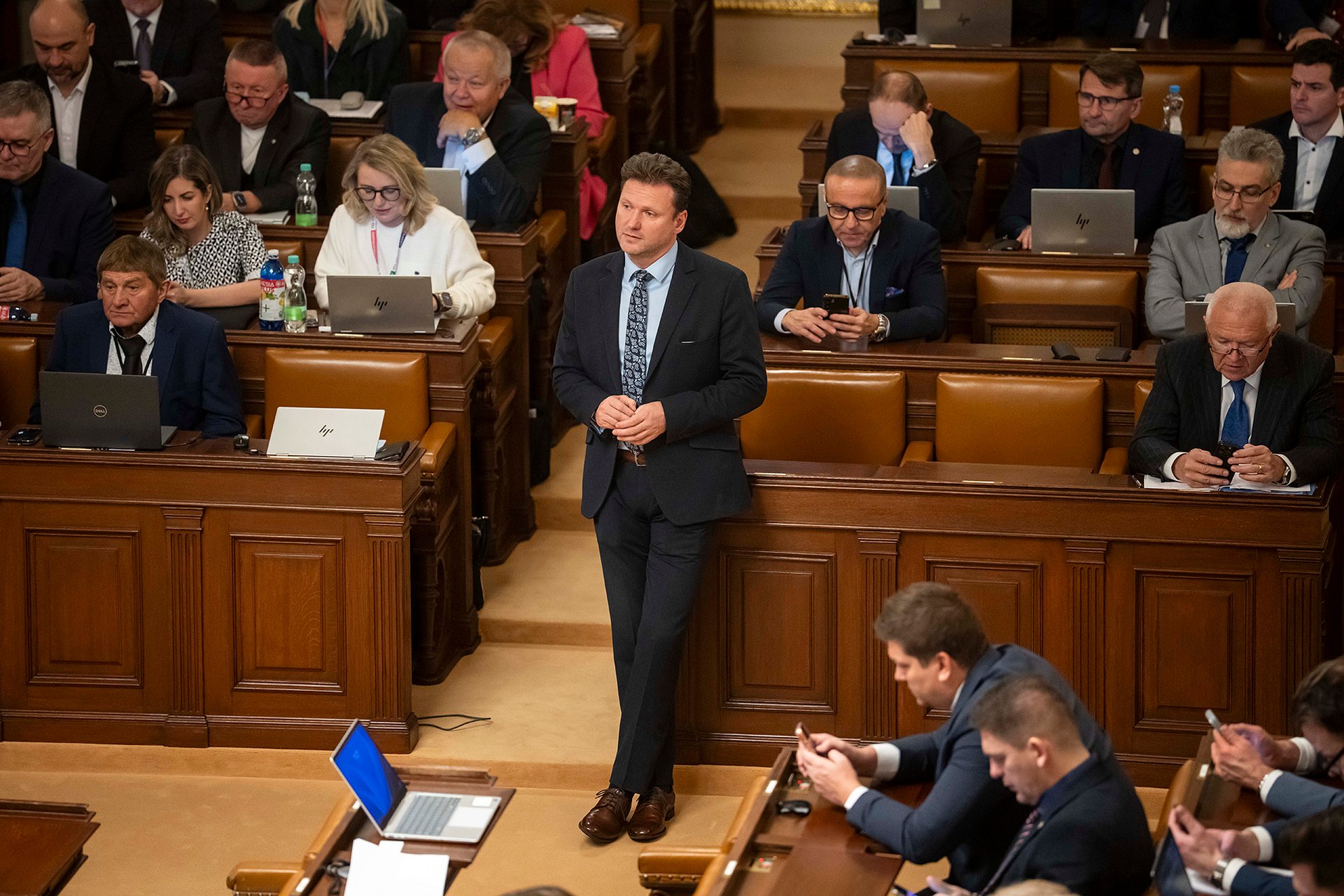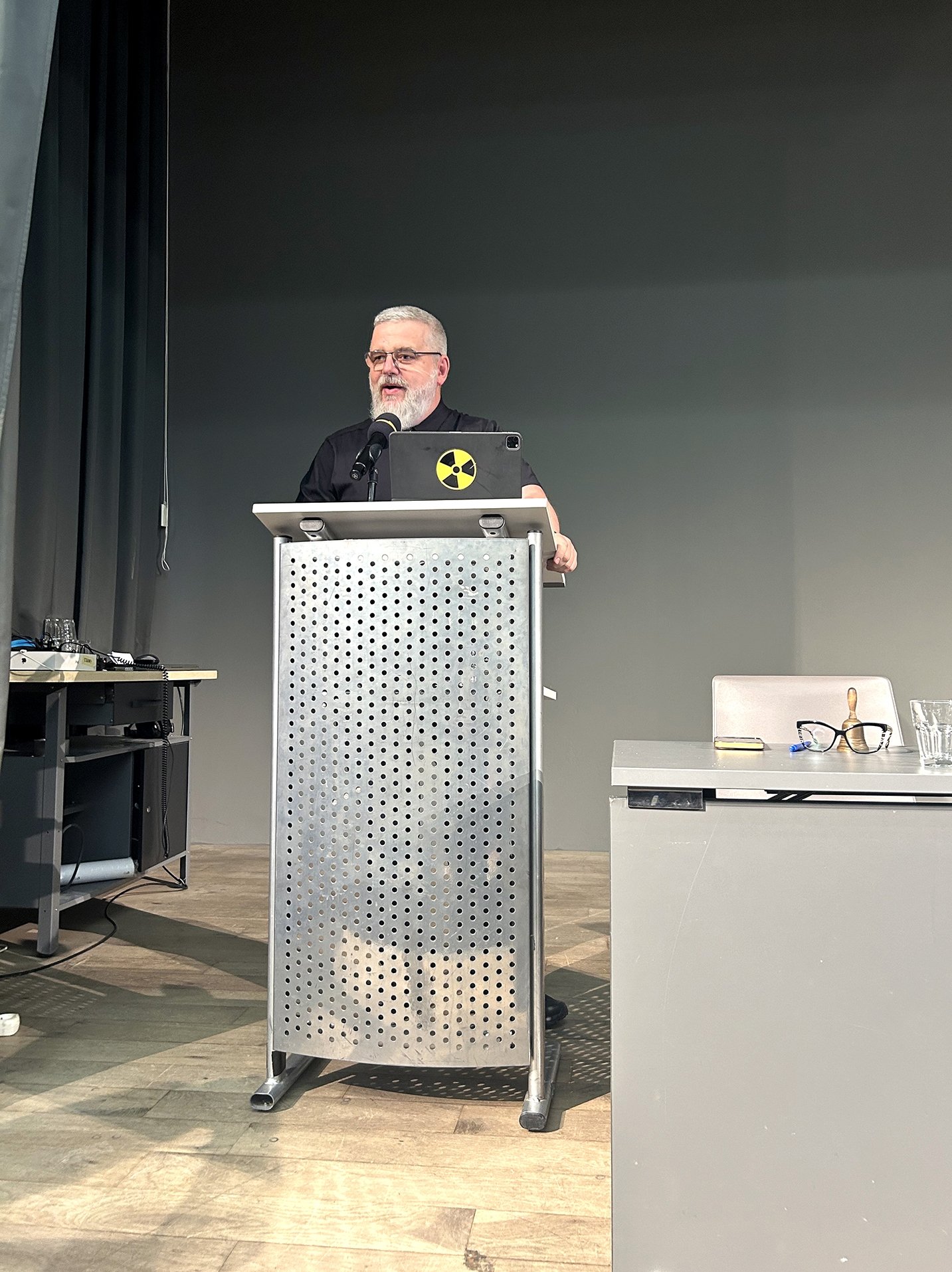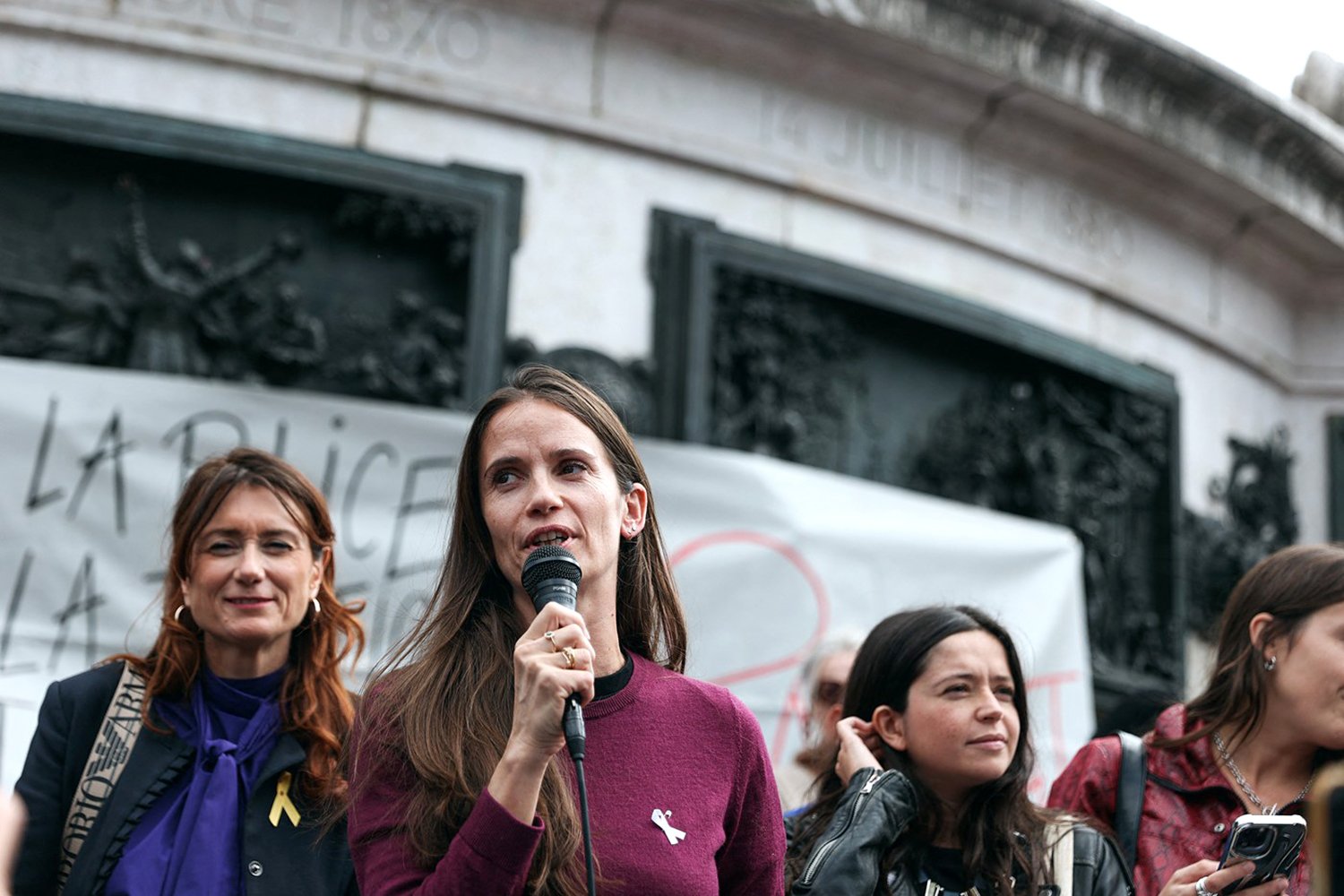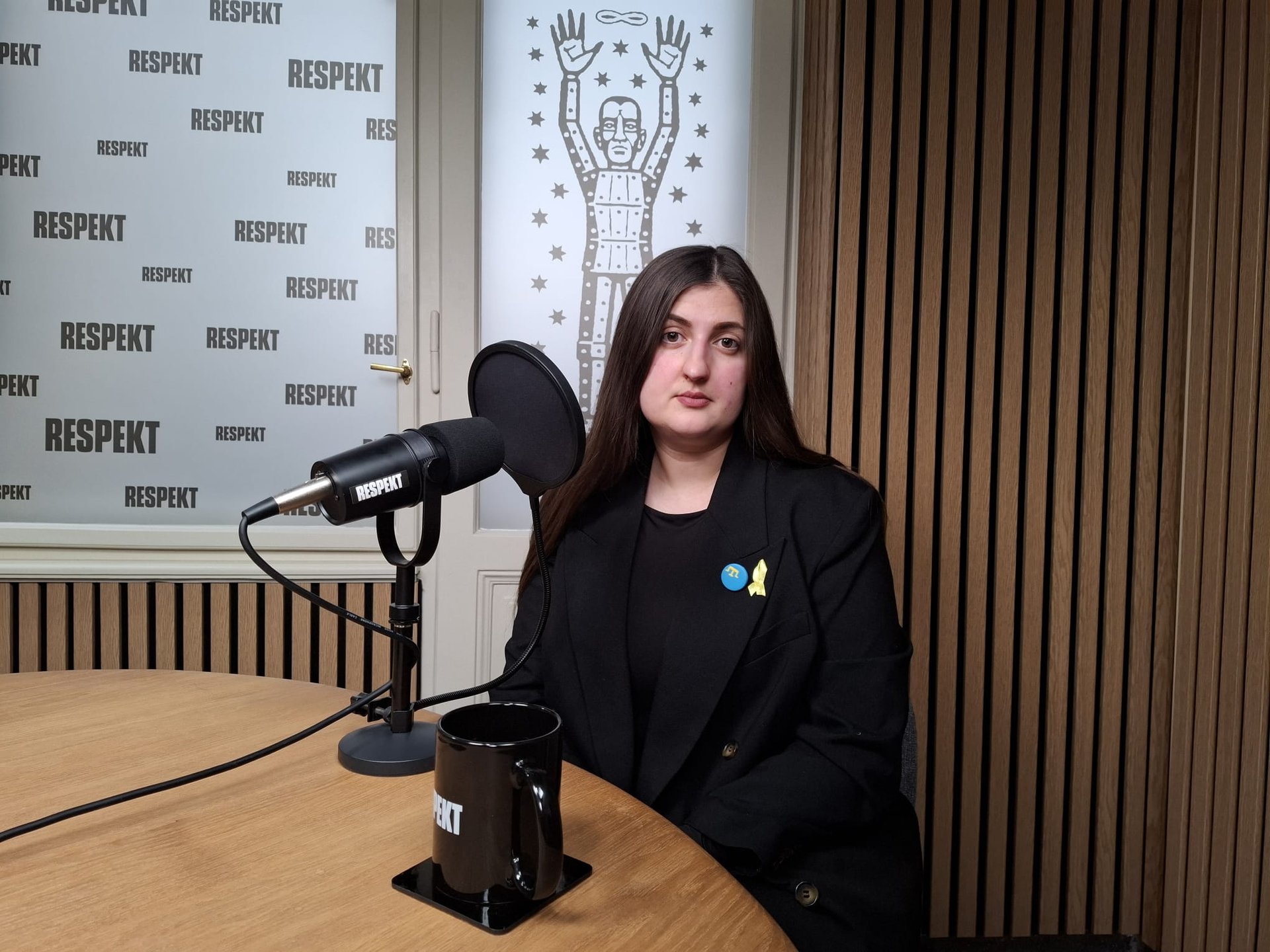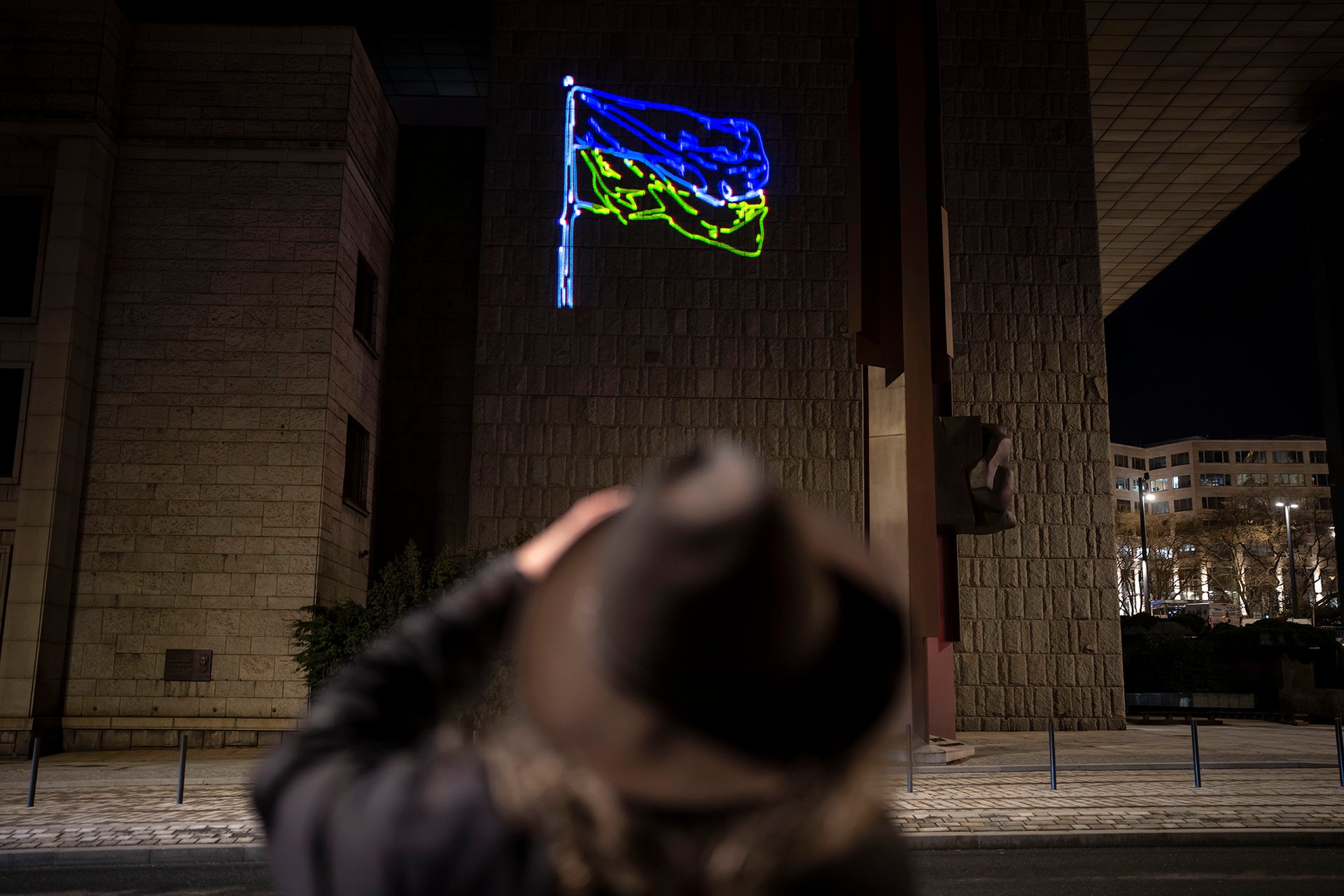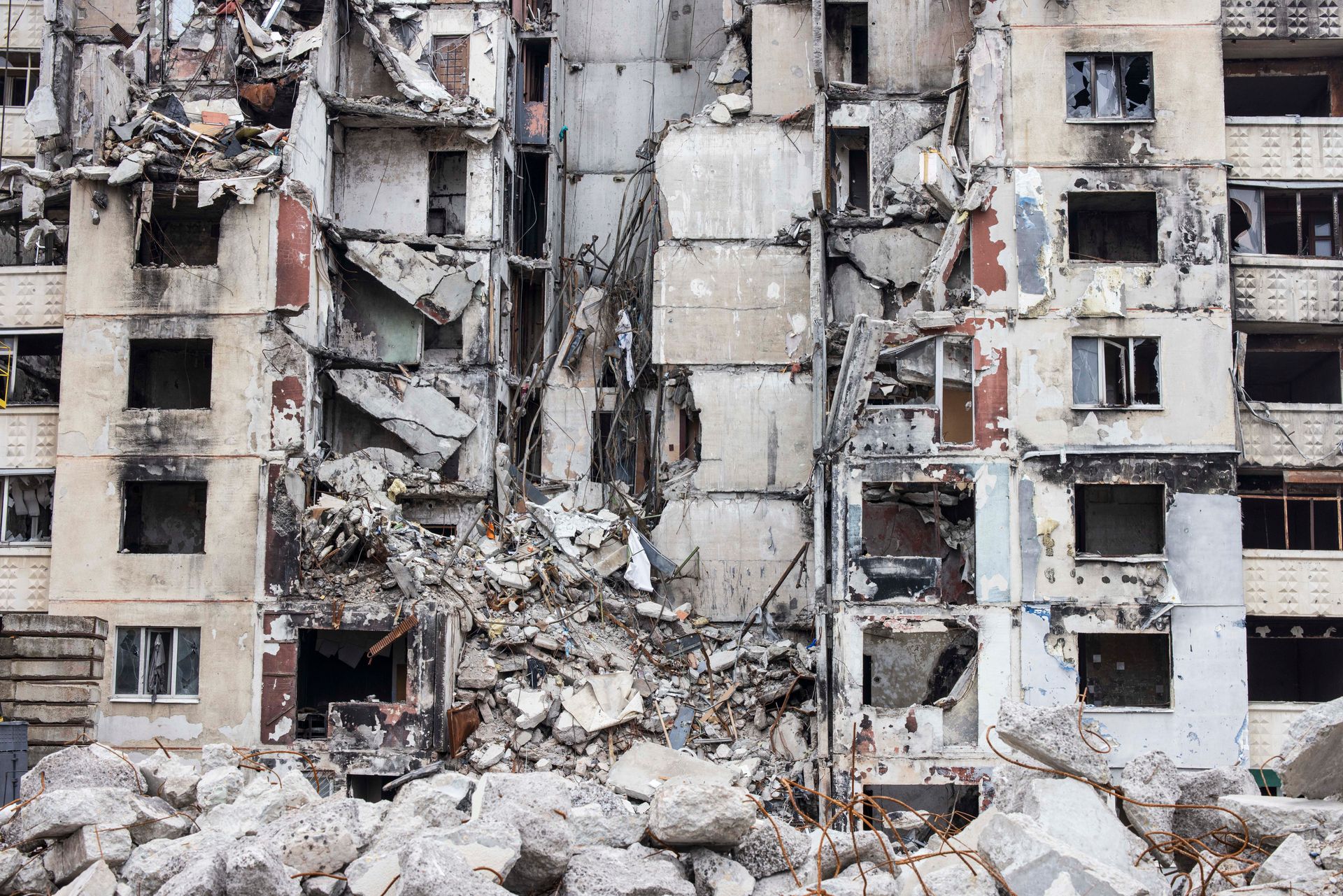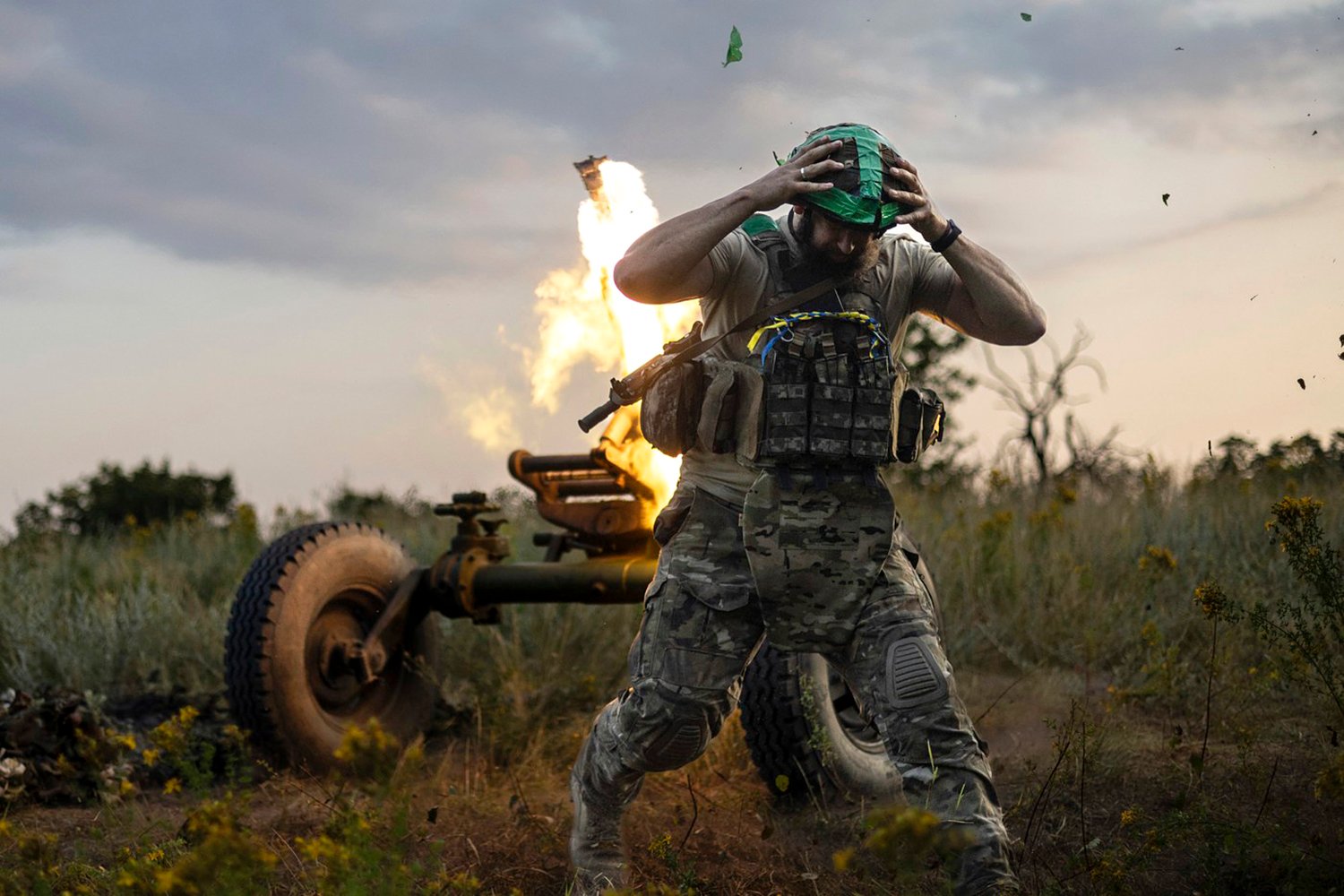Ukraine between East and West
After the vote had been counted in the re-run of the Ukrainian elections and Viktor Yushchenko was proclaimed the winner, he announced that the first capital he intends to visit as president will be Moscow. Normality in the Ukrainian-Russian relationship would be a priority in his administration, he stated.

After the vote had been counted in the re-run of the Ukrainian elections and Viktor Yushchenko was proclaimed the winner, he announced that the first capital he intends to visit as president will be Moscow. Normality in the Ukrainian-Russian relationship would be a priority in his administration, he stated.
This will not be an easy journey. Russian president Vladimir Putin hyperactively supported Yushchenko's opponent, Viktor Yanukovych, throughout the election campaign and went so far as to congratulate Yanukovych not once, but twice, on his non-existent victory.
But in politics such temporary lapses can be forgiven if both men understand that their countries share a long common border and are mutually dependent upon each other in many fields.
The Russian defense ministry has already stated that defense agreements between the two nations will not be affected by Yushchenko's victory.
Both leaders know that while the Ukrainian economy is largely dependent on Russian energy supplies, Russia is dependent on Ukrainian pipeline's to transport its oil and gas to Europe. The income from the sale of these commodities is what keeps the Russian budget balanced. The threat of mutual collapse, if nothing else, maintains the delicate peaceful relationship.
A more serious problem however, will be the future of the Single Economic Space (SES) agreements that were put forth by Putin and signed in September 2003 by then-president Leonid Kuchma.
Kuchma signed on condition that the agreement would not contradict the Ukrainian constitution. While the wording of most of the document was vague in terms of its future goals, the agreement stipulated that an executive body would be formed to manage the work of the SES, and that each country would relinquish part of its economic sovereignty to this body. Most importantly, voting would be based upon ‚the economic might and potential‘ of each party to the agreement. This suggests that the Russian Federation would have approximately 80% of the decision-making power.
Will Yushchenko attempt to reverse some aspects of this agreement to reflect Ukrainian national interests? The answer to this is of great interest to the Kremlin. As a former prime minister and head of the central bank, Yushchenko understands better then Putin the need to create a stabile, equal partnership between Ukraine and Russia.
In the economic relationship with Russia, Yushchenko will not have much room to maneuver. But a reformed Ukraine does hold some aces in its hand - it is positioned to become a magnet for foreign, including Russian investments. The Yukos Affair in Russia has scared many investors who are hesitant to put their money into a country where it can be arbitrarily expropriated by the State.
Ukraine and the West
The goal of the Yushchenko administration will be World Trade Organization membership and recognition of Ukraine's market economy status in order to entice greater investment into the country. Ukraine would certainly strengthen its links to Poland, Slovakia and the Czech Republic and in the long run aim for EU membership. Yushchenko's campaign manager, Oleksander Zinchenko, stated that the old Kuchma „multi-vectored“ foreign policy will come to an end and the new orientation will be towards the West.
The success of this policy hinges on France and Germany not being pressured by Russia into vetoing Ukrainian membership in the EU. The EU's reliance on Russian energy is the greatest factor that will determine their policies towards Ukraine for decades to come. If Russia threatens to slow the westward flow of gas, Ukraine will suffer most.
Ukrainian membership in NATO, feared so much by Russian political analysts, is not a high priority for Yushchenko and Ukraine's relations with the alliance will most likely remain at their present level.
Ukrainian-US relations are bound to improve with Yushchenko as president. He will most certainly be welcome in Washington and American investments into Ukraine are long overdue.
The American boycott of Leonid Kuchma has ended and Washington is willing and anxious to give Yushchenko much needed support, including the financial means to restructure the country into a functioning democracy.
Many important people in the Ukrainian business community are tired of the Kuchma era and the corruption that has accompanied it. While some business people made money during the Kuchma era, many did not. Even those who became rich, such as Renat Akhmetov, the widely acknowledged head of the Donetsk Clan, an informal grouping of business and local political leaders who supported Yanukovych, would like to see a new person at the country's helm. In any case, the Donetsk clan is flexible and few of its leading members would protest against such a change. They may take the view that a Yushchenko victory might bring in more foreign investment, which is crucial for their well-being.
Common wisdom has it that Yushchenko will look towards the West and avoid confrontation with the East while staffing his ministries with reform minded professionals who share his view that Ukraine is Russia's neighbor and business partner and not its satellite.
The big question is; does Yushchenko have the cadre for the difficult tasks ahead?


Pokud jste v článku našli chybu, napište nám prosím na [email protected].


